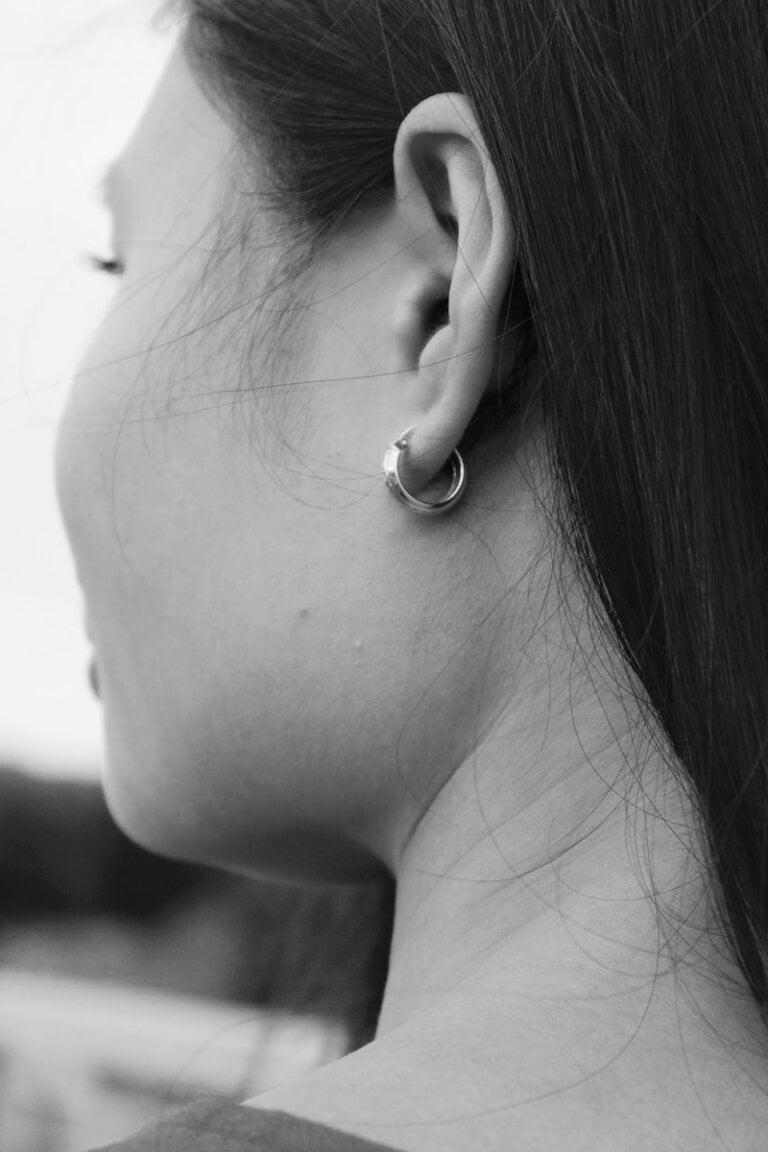Fighting the Infection: Exploring Effective Treatments for Ear Infections
Ear infections can be incredibly uncomfortable and painful, particularly for children. Whether you or your loved ones have experienced the throbbing ache, hearing loss, or even a fever that often accompany these infections, you know how crucial it is to find effective treatments. In this article, we will explore various treatment options for ear infections, from conventional medicine to natural remedies.
Conventional Treatment Options
- Antibiotics:
- Antibiotics are commonly prescribed for bacterial ear infections. They are effective in killing the bacteria causing the infection and reducing symptoms.
- Commonly prescribed antibiotics include amoxicillin, azithromycin, and cefdinir. These medications work by targeting the specific bacteria causing the infection and eliminating them.
- It is crucial to complete the full course of antibiotics prescribed by your healthcare provider to ensure the infection is completely eradicated. Failure to do so may result in the infection recurring or becoming resistant to antibiotics.
- Pain Relief Medications:
- Over-the-counter pain relievers, such as acetaminophen or ibuprofen, can help reduce pain and fever associated with ear infections. These medications help in managing the discomfort and inflammation caused by the infection.
- Follow the recommended dosage instructions and consult a healthcare professional if you have any concerns. It is important to use these medications responsibly and as directed to avoid any potential side effects.
- Ear Drops:
- Prescription ear drops containing antibiotics and/or steroids are sometimes used to treat ear infections. These drops are directly applied to the ear canal and help reduce inflammation, relieve pain, and fight bacterial infections.
- It is important to carefully follow the instructions provided by your healthcare provider when using ear drops. Improper use or overuse of ear drops may result in further complications or ineffective treatment.
- Surgical Intervention:
- In severe cases or when complications arise, surgical intervention may be necessary. Procedures such as myringotomy or tympanostomy tube insertion may be performed to drain fluid from the middle ear and prevent recurrent infections.
- These procedures are generally considered safe and effective, but they are typically reserved for chronic or recurrent infections that do not respond to other treatment options. Your healthcare provider will assess the need for surgical intervention based on the specific circumstances of the infection.
Natural Remedies for Ear Infections
While conventional treatments are often effective, some individuals prefer to explore natural remedies as an alternative or complementary approach. Here are a few natural remedies that have been suggested for treating ear infections:
- Warm Compress:
- Applying a warm compress to the affected ear can help relieve pain and reduce inflammation. The warmth increases blood flow and promotes healing.
- Place a warm (not hot) cloth or heating pad against the ear for 10-15 minutes at a time. This can be done multiple times a day for relief.
- Be cautious not to burn the skin and seek medical advice if the pain worsens or persists. It is important to use heat therapy safely and appropriately.
- Garlic Oil:
- Garlic has natural antimicrobial properties that may help fight bacterial infections. It contains a compound called allicin, which has been shown to have antibacterial effects.
- Crush a garlic clove and mix it with a small amount of olive oil or coconut oil. This mixture can be warmed slightly and cooled to a comfortable temperature.
- Place a few drops of the garlic oil mixture into the affected ear, lying on your side for a few minutes. This can be done a few times a day as needed.
- Consult with a healthcare professional before using garlic oil, especially if you have a perforated eardrum. They can provide guidance on the appropriate use and potential risks.
- Tea Tree Oil:
- Tea tree oil possesses antibacterial and anti-inflammatory properties. It contains compounds such as terpinen-4-ol that have been shown to inhibit the growth of bacteria.
- Dilute a few drops of tea tree oil with a carrier oil, such as olive oil or coconut oil. This diluted mixture can be applied to a cotton ball and gently inserted into the ear canal.
- Leave it in for approximately 20 minutes before removing. Exercise caution and discontinue use if any irritation occurs.
- It is important to consult with a healthcare professional before using tea tree oil, as it may cause irritation in some individuals. They can advise you on proper dilution and safe application methods.
- Breast Milk:
- For infants suffering from ear infections, breast milk contains antibodies that can help fight infection and soothe pain. The antibodies in breast milk support the baby’s immune system.
- Express a few drops of breast milk and gently apply it to the affected ear using a clean dropper. This can be done a few times a day.
- Breast milk should not replace medical treatment, and it is essential to consult with a healthcare professional for proper diagnosis and guidance. They can assess the severity of the infection and recommend appropriate treatment options.
- Probiotics:
- Probiotics are beneficial bacteria that can help promote a healthy immune system and may reduce the risk of ear infections. They help maintain a healthy balance of bacteria in the body.
- Consuming probiotic-rich foods, such as yogurt or kefir, or taking probiotic supplements, may support overall ear health. These foods and supplements can help strengthen the immune system and prevent infections.
- Consult with a healthcare professional before starting any new supplements, especially for children or individuals with underlying health conditions. They can provide recommendations based on your specific needs and ensure safe usage.
It is important to note that while natural remedies may provide relief for some individuals, they are not scientifically proven or universally recommended as the primary treatment for ear infections. Always consult with a healthcare professional for a proper diagnosis and appropriate treatment plan.
Prevention Tips
Prevention is key when it comes to ear infections. Here are some tips to reduce the risk of developing ear infections:
- Practice good hand hygiene to minimize the spread of bacteria and viruses. Regularly wash your hands with soap and water, especially before touching your ears or handling food.
- Ensure proper immunization, as some vaccinations can protect against common causes of ear infections. Stay up to date with recommended vaccinations for yourself and your children.
- Avoid exposure to cigarette smoke, as it can increase the likelihood of developing ear infections. Keep your living environment smoke-free to protect your ears and overall health.
- Keep ears clean and dry, using a soft towel after swimming or bathing to remove excess moisture. This helps prevent the growth of bacteria or fungi in the ear canal.
- Breastfeed infants, as breast milk contains antibodies that can strengthen the immune system and reduce the risk of infections. Breastfeeding provides numerous health benefits for both the baby and the mother.
In conclusion, ear infections can be effectively treated through conventional medical interventions such as antibiotics and pain relief medications. However, natural remedies can also provide relief as complementary or alternative approaches. Remember to consult with a healthcare professional to determine the most appropriate treatment plan for your specific situation. Additionally, practicing preventive measures can significantly reduce the risk of developing ear infections.
FAQ
- What are the common conventional treatment options for ear infections?
- Antibiotics are commonly prescribed for bacterial ear infections.
- Over-the-counter pain relievers can help reduce pain and fever.
- Prescription ear drops containing antibiotics and/or steroids may be used.
- Surgical intervention may be necessary in severe cases or when complications arise.
- Can natural remedies be used to treat ear infections?
- Yes, natural remedies such as warm compress, garlic oil, tea tree oil, breast milk, and probiotics have been suggested as alternative or complementary approaches.
- Are natural remedies scientifically proven or universally recommended as primary treatments for ear infections?
- No, natural remedies are not scientifically proven or universally recommended as primary treatments for ear infections. Consult with a healthcare professional for a proper diagnosis and appropriate treatment plan.
- What are some prevention tips for reducing the risk of developing ear infections?
- Practice good hand hygiene.
- Ensure proper immunization.
- Avoid exposure to cigarette smoke.
- Keep ears clean and dry.
- Breastfeed infants.







